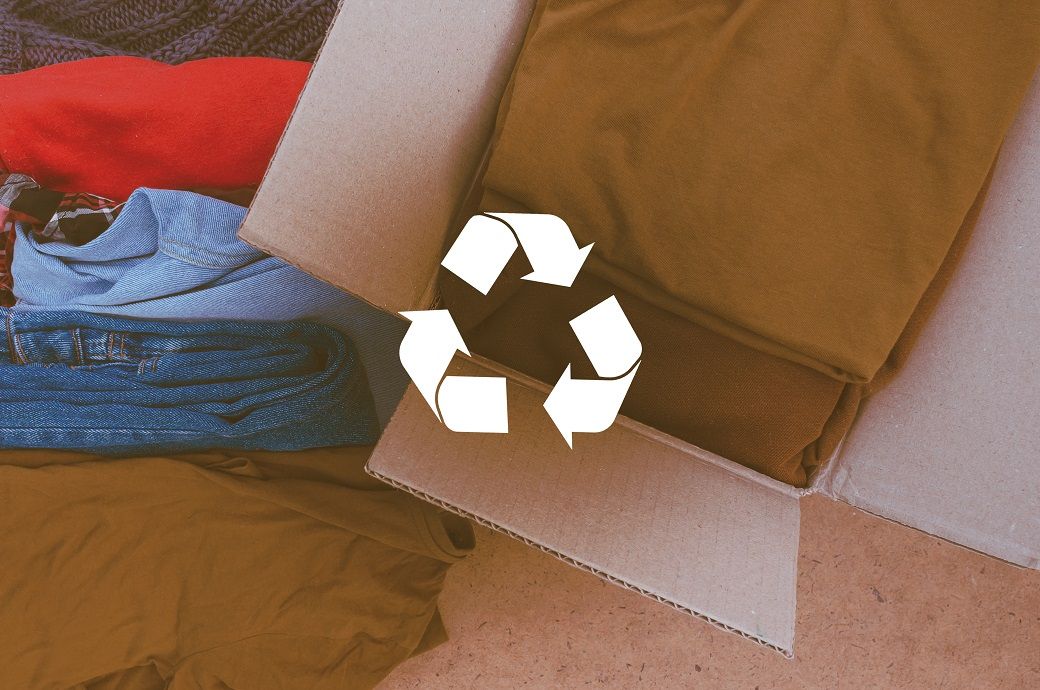
Over the decades, it has earned several titles including ‘Textile Recycling Hub’ and the ‘Cast-off Capital’, reflecting its reputation as a centre for processing used and discarded textiles on an industrial scale. Today, Panipat stands out as Asia’s largest hub for textile recycling, a rare distinction to say the least.
Each year, Panipat processes more than 100,000 tonnes of discarded garments and textile waste, repurposing them into a range of useful products such as blankets, carpets, mats, upholstery, and other home textiles. This enormous volume of recycling not only helps divert significant amounts of textile waste from landfills but also contributes substantially to local employment, entrepreneurship, and exports. In effect, Panipat serves as a model for how waste materials can be transformed into economic and environmental opportunities.
The city’s role in textile recycling dates back more than five decades, as per some. Over this long span, generations of entrepreneurs and workers have refined techniques to repurpose both imported and domestic textile waste, creating a self-sustaining and continuously evolving industrial ecosystem. However, Panipat’s rise as a prominent textile recycling hub truly gained momentum in the mid-1990s, when the global trade in second-hand clothing began to increase significantly. Since then, Panipat has been receiving used clothes and textile waste from a wide range of countries, including the United States, Canada, the United Kingdom, various Western European nations, as well as Japan and South Korea.
This global network of raw material suppliers has enabled Panipat to grow into a central node in the international recycling chain.
As per reports, in one of the episodes of his popular radio programme Mann Ki Baat, Prime Minister Narendra Modi also praised the recycling initiatives of Panipat’s textile industry.
The bustling textile recycling cluster of Panipat is home to around 2,000 registered units, most of which fall under the category of micro, small, and medium enterprises (MSMEs). Collectively, these businesses serve as a major employment engine in the region, directly and indirectly supporting the livelihoods of between 800,000 to 1 million workers.
Adding to its credentials, Panipat has also been officially recognised as a ‘Town of Export Excellence’ under India’s Foreign Trade Policy. This designation is particularly aimed at acknowledging the city’s contribution to high-quality exports, with woollen blankets being one of its standout products.
Despite the multiple advantages of textile recycling, some critics have raised concerns about its potential environmental implications. However, in a conversation with Fibre2Fashion, Gagan Kansal, director of Kay Gee Enterprises, emphasised that the recycling practices followed in Panipat are environmentally sound and do not pose any harm to the nature. He highlighted that the city’s recycling efforts not only contribute to building a more sustainable fashion ecosystem by reducing textile waste and promoting resource recovery but also offer a significant opportunity for generating green credits.
Explaining his company’s role in the larger recycling ecosystem of Panipat, Kansal shared that Kay Gee Enterprises specialises in converting post-consumer textile waste into recycled fibres, which are then spun into yarns ranging from NE 2s to NE 20s. These yarns are available in single, double, and multi-fold options, and come in both raw white and a variety of colours. The entire production process is carried out in-house using advanced Open End Spinning Technology, ensuring efficiency, consistency, and environmental responsibility.
These yarns are subsequently supplied in domestic market and also exported to international markets, including countries in Africa, the Middle East (notably Saudi Arabia), Latin America (such as Mexico), and Europe.
“Today, certifications like the Global Recycled Standard (GRS) and the Recycled Claim Standard (RCS) are more relevant than ever,” held another industry representative while underling with brands increasingly focused on transparency and accountability in their sourcing, the demand for certified recycled materials has grown rapidly. And this shift is now pushing more and more Panipat-based recycling businesses to streamline their operations, adopt standardised practices, and invest heavily in quality assurance and compliance frameworks.
Meanwhile, a report by the Centre for Responsible Business noted a rising trend in Panipat towards the use of advanced environmental technologies, particularly Zero Liquid Discharge (ZLD) systems. These systems are designed to drastically reduce water consumption by treating and recycling wastewater, making them especially valuable in water-intensive processes like textile dyeing.
However, in recent days, the recycling industry in Panipat is facing some challenges due to the sudden suspension of rag imports from Bangladesh (a key supplier of recyclable textile waste to Panipat), as per reports. Even though Panipat also sources used garments and textile waste from countries in the West, Bangladesh, too, holds an important position in the supply chain as the country generates more than 500,000 metric tonnes of factory textile waste each year.
The suspension of these exports, reports suggest is connected to Bangladesh’s pursuit of the Generalised Scheme of Preferences Plus (GSP+) status from the European Union.
Industry stakeholders in Panipat although acknowledged that the halt in imports would lead to some challenges, particularly for smaller units that rely more on Bangladeshi imports, most of them were hopeful of a solution sooner than later even as they sought support from the concerned stakeholders including the government to ensure further growth of the textile recycling sector of Panipat.
ALCHEMPro News Desk (DR)
Receive daily prices and market insights straight to your inbox. Subscribe to AlchemPro Weekly!